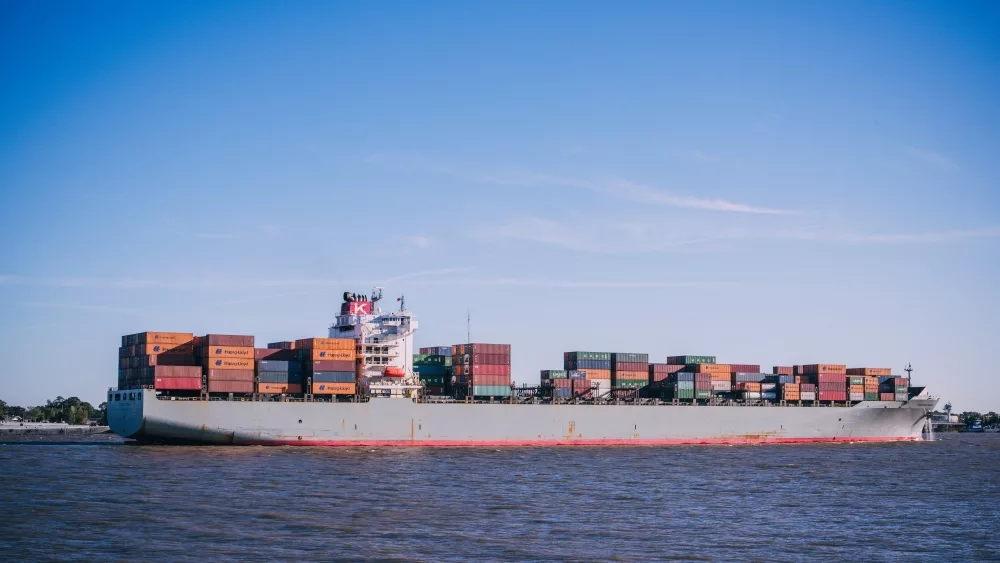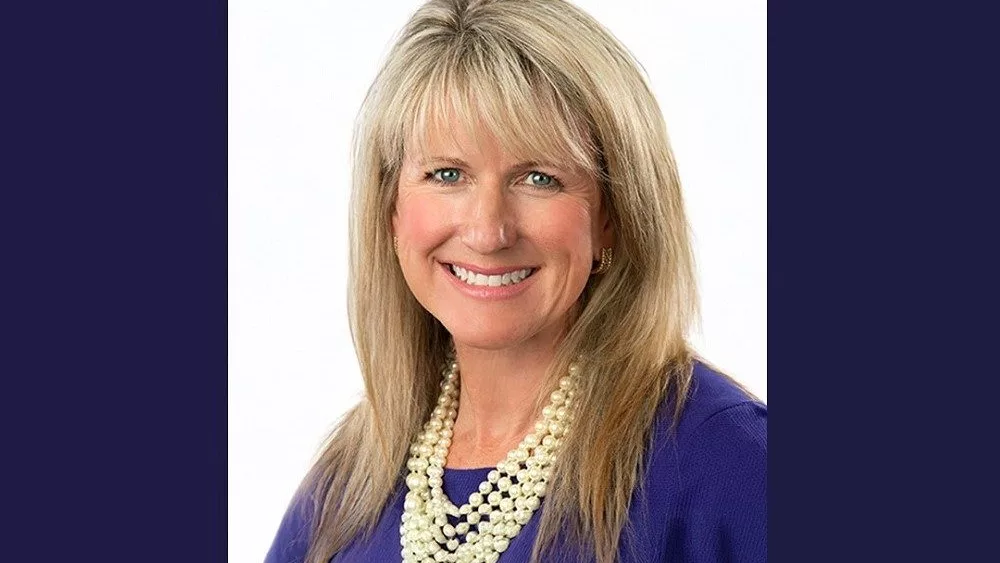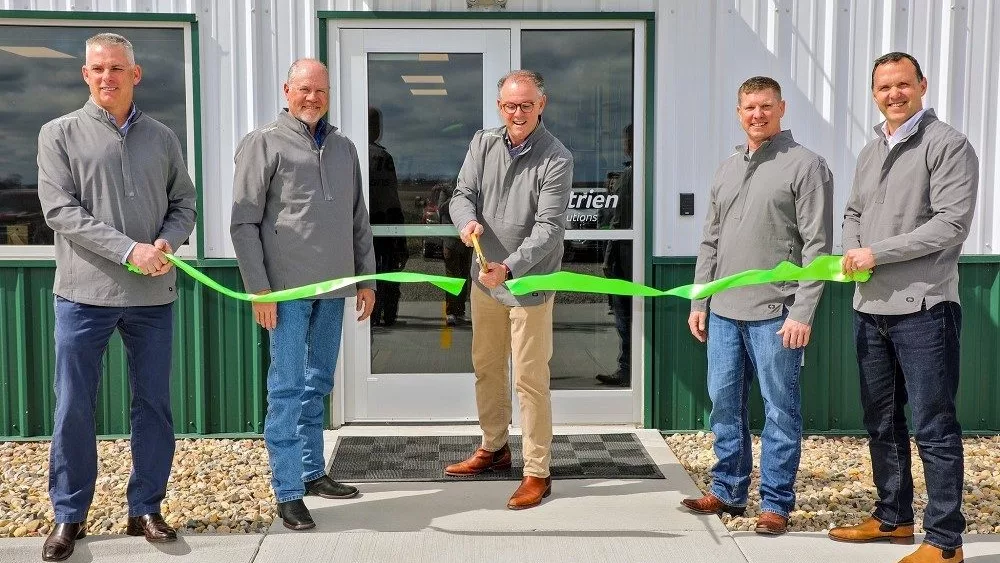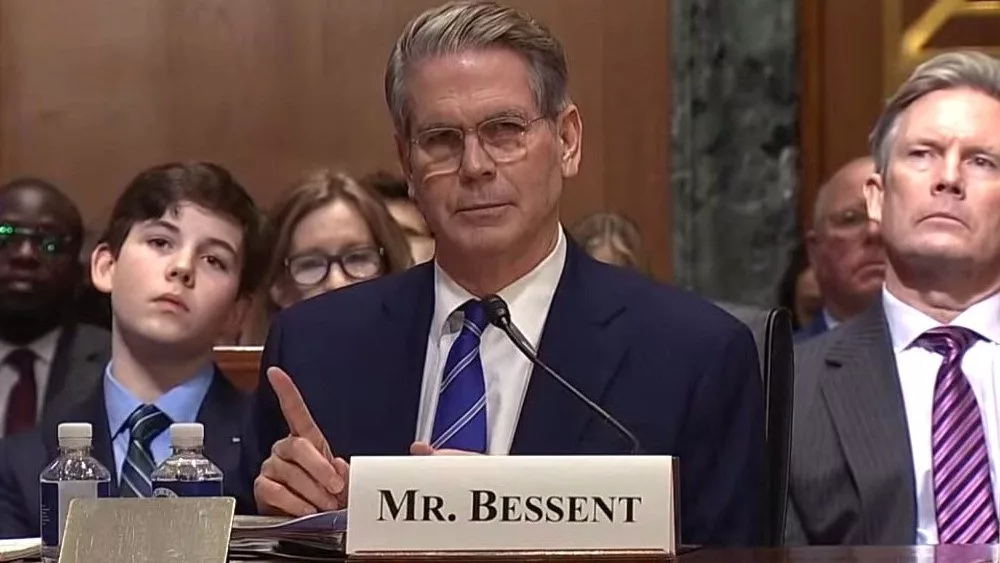The Trump Administration’s proposed new port fee on Chinese-built vessels could render U.S. corn, soybeans, and other crops uncompetitive with South American production.
“They’re trying to get us back into ship building is what they’re trying to do, and they’re trying to figure out a way to pay for it,” says Indiana soybean farmer Mike Koehne as he explains what the U.S. Trade Representative is trying to do with these proposed fees. Koehne testified before the USTR earlier this week in D.C. on behalf of the American Soybean Association.
“They’re talking $1 to $1.5 million as a port fee for ships that dock in the U.S. with products which eventually will be added to freight rates, which eventually all comes back to us at the farm that will impact our price.”
The American Soybean Association estimates the fees could add around $0.39 per bushel to the transportation cost to export soybeans.
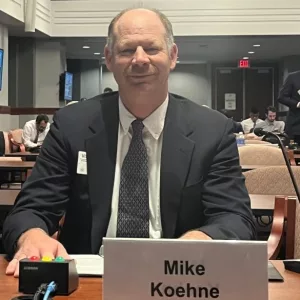
Koehne, who is also chair of the Soy Transportation Coalition, testified that, “While well-intended, this proposal would ensure U.S. soybeans will bear higher costs and be less competitive in the global marketplace.”
“South America, they’re not going through this, so they won’t have those fees added on,” Koehne told Hoosier Ag Today on Wednesday. “So, they’re going to be even cheaper. So, we’re just not going to be competitive in the market anymore. It’s going to kind of knock us out.”
All this comes at a time when the farm economy is already in a downturn.
“It’s just another hurdle that we’re going to have to jump over and figure out how we’re going to be able to farm for another year with the prices the way they are. I mean, right now, the prices aren’t even trading on the breakeven side of things. So, somewhere along the line, something’s got to give. I guess time will tell what that is, but, yeah, we’re just kind of in a pickle right now.”
Koehne encourages farmers to speak up and get involved with your state policy organizations, or at least contribute so farmer’s voices can be heard in D.C.
Hear our full interview with Koehne below.
Audio Player
